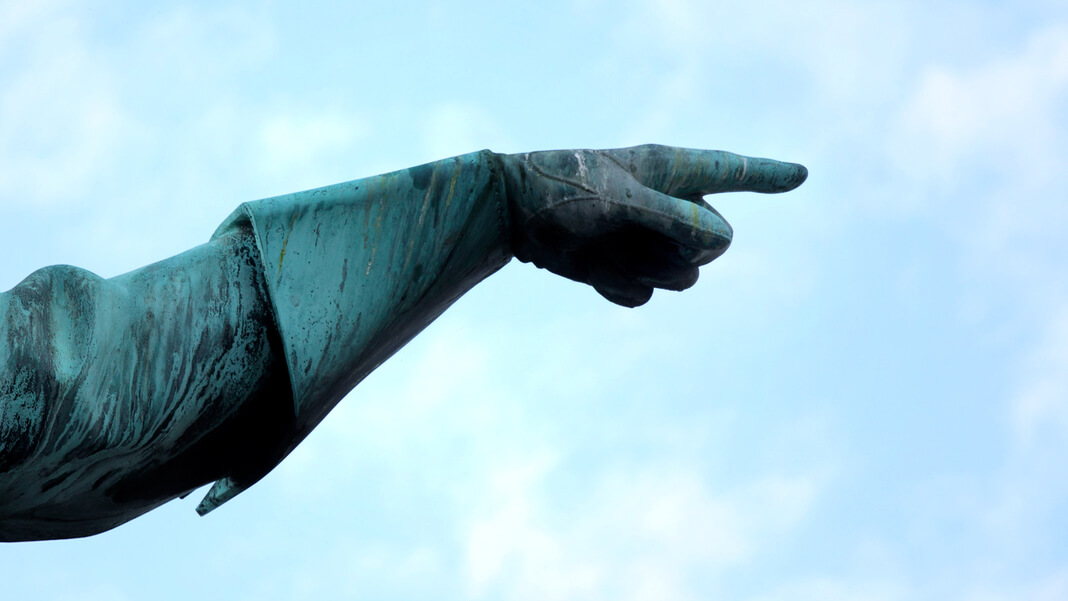
Gnocchi, mussels, a few veg, all in pesto sauce.
Tastes as good as it sounds.

Gnocchi, mussels, a few veg, all in pesto sauce.
Tastes as good as it sounds.
AI in your hand. Looking through your camera.
Originally shared by Raja Mitra
Google Lens will understand the content in images using AI and help you initiate any action desired too. #IO2017

Basically, if you think you’re an expert you’ll continue to do things the way you know how to do them, and may even subtly resist any other way.
This applies to creativity in general.
Originally shared by Singularity Hub
Why Disruptive Innovation Requires Looking Beyond the Experts http://bit.ly/2qR9W4S
Sharing to look at later.
Originally shared by Standout Books
Podcasts and YouTube can develop your craft while giving you a break.

Neuronal tissue grown from stem cells. Does what neuronal tissue does.
Originally shared by Singularity Hub
Bizarre Mini Brains Offer a Fascinating New Look at the Brain http://bit.ly/2qsDQtb
My story “Aspiration Value” (http://compellingsciencefiction.com/stories/aspirationvalue.html) shows virtual assistants (“assists”) giving users visual cues as they go about their daily lives, directing their attention according to what their algorithms calculate are the users’ best interests.
I don’t, at any point, talk about the hardware side of how that happens; it’s just there, because the interesting part is the effect of the technology, not the form of it.
My wife and I are making our way through Person of Interest on Netflix, and it’s struck me how the characters walk around in different parts of the city talking to each other just as a matter of course. That’s something that you couldn’t have put in a show set in the present just ten or so years ago, but now we accept it as a common convention – and it makes a huge difference to how stories unfold, and how the characters interact. How much more so if they could call up images of each other?
Via Lisa Cohen.
Originally shared by Marcel Gagne
Make no mistake. This is where we are headed with personal technology. The smartphone that is today an extension of so many of us, will quickly, in a few short years, transform us all into cyborgs. Whether you see that as the end of humanity, or the next step in our evolution, is a question I leave to you.
http://www.businessinsider.com/death-of-the-smartphone-and-what-comes-after-2017-3

Having practiced as a hypnotherapist, I have an interest in (non-pharmacological) altered states of consciousness. I want to do more with them in fiction, too. I have a short story on the cook about a technologically enabled shared dreamspace, for example, though at the moment it’s mostly a parable of social media.
Originally shared by Singularity Hub
Are We About to Unlock the Secrets to Peak Performance? http://bit.ly/2qjZDTE
This was my first semiprofessional sale, but the anthology I sold it to is no longer available, so I thought I’d put it up on my website.
It’s a mashup of Damon Runyon; detective noir; and sword and sorcery, three odd tastes that go oddly together. What originally sparked it off was reading (or partly reading, because I got bored and didn’t finish) a book about a dwarf noir detective that lacked the compelling voice of noir and instead plodded along in the manner of poorly-written epic fantasy. I thought, “I can do better than that!” and… well, this is the result.
I’ve since read Ari Marmell’s much better noir fae detective books. This story probably wouldn’t have existed if I’d read them first, because he does it right.
http://csidemedia.com/shortstories/axe-stone-dwarf-detective/
Everyone feels like this. Even the people who seem blind to their own faults feel like this; they just cover it with arrogance.
Originally shared by Winchell Chung
Neil Gaiman on Impostor Syndrome
There’s a fan theory about Murder, She Wrote that says that Jessica Fletcher committed all the murders herself and expertly framed other people for them. How else to explain why a prosperous middle-aged widow who lives in a small town in Maine encounters so many murders wherever she goes?
As a fellow writer, though, it’s obvious to me that each episode depicts Jessica’s writerly imaginings: “What if this person I just met was murdered? How might that work out?”